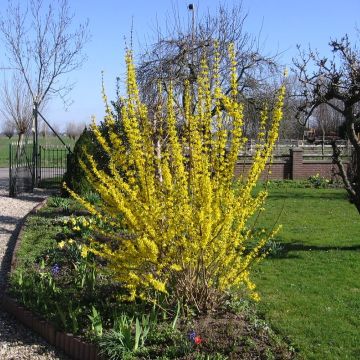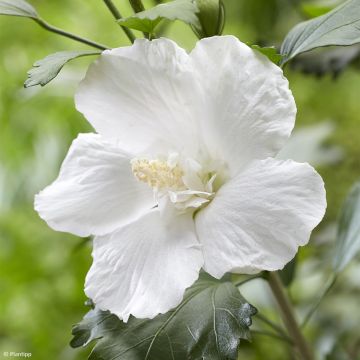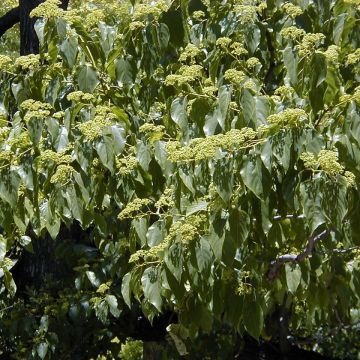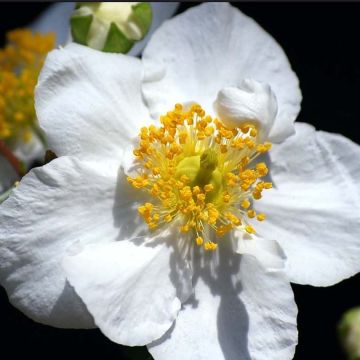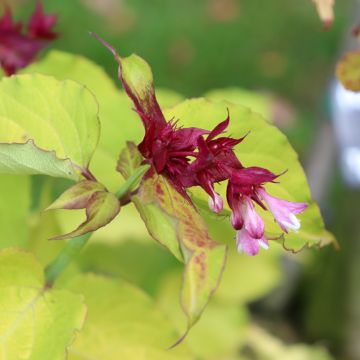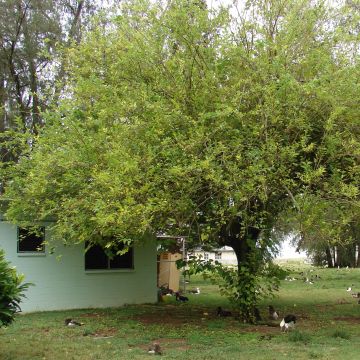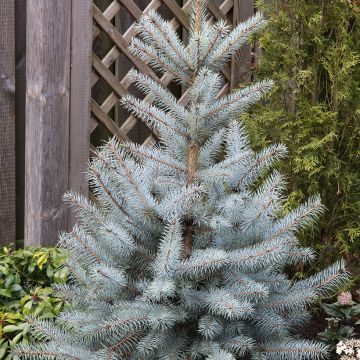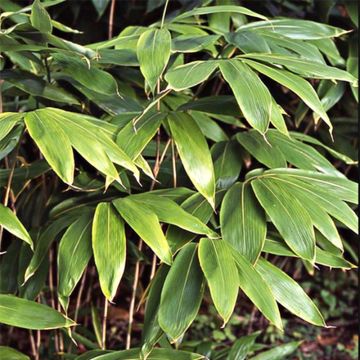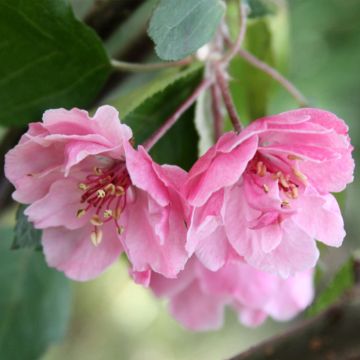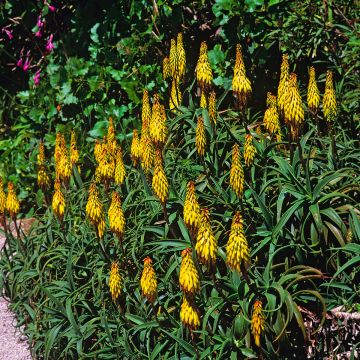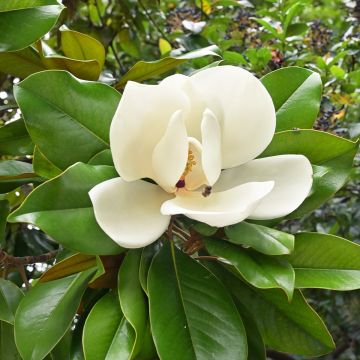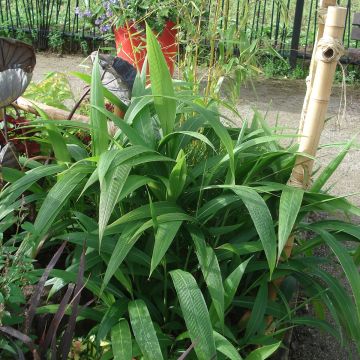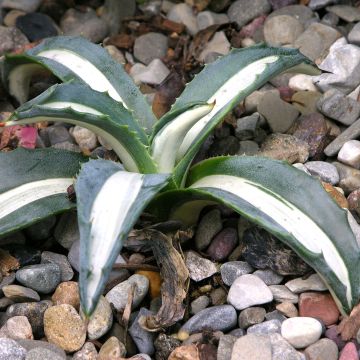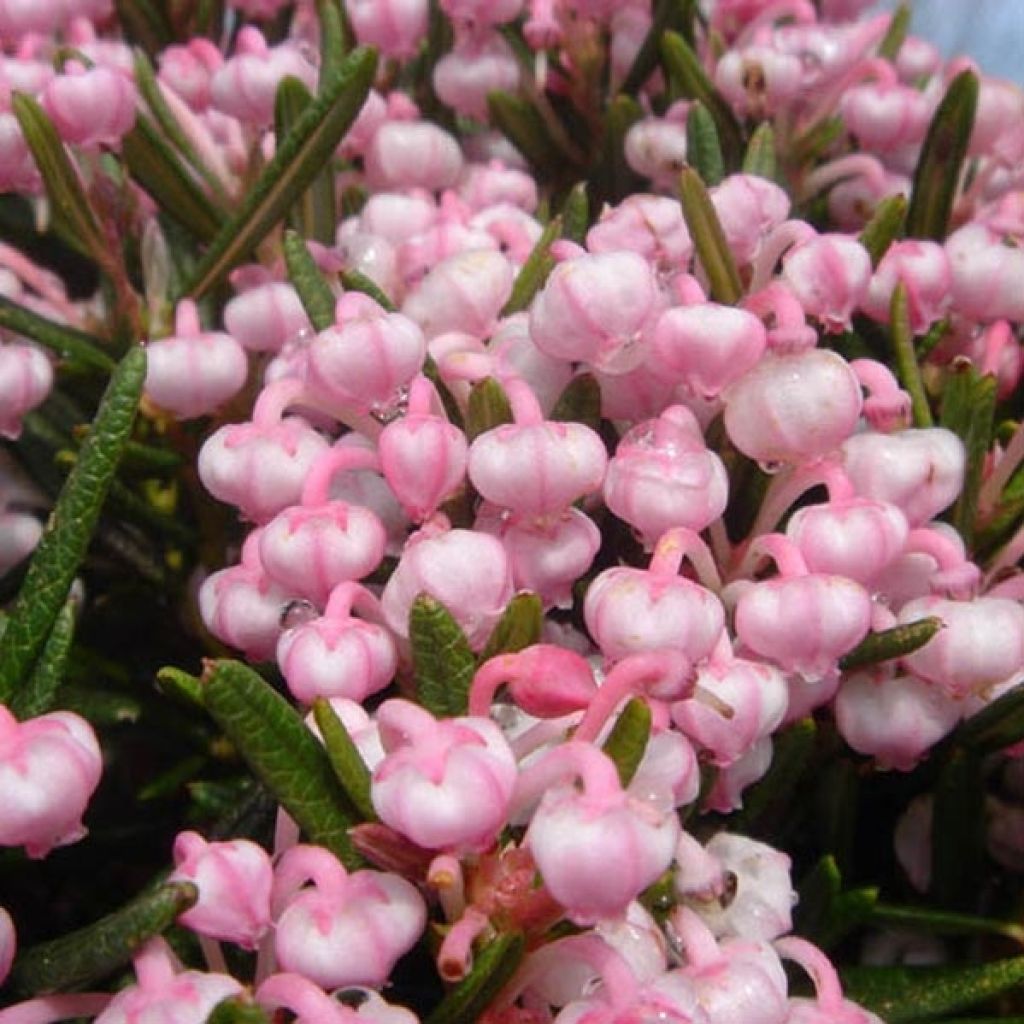

Andromeda polifolia Compacta
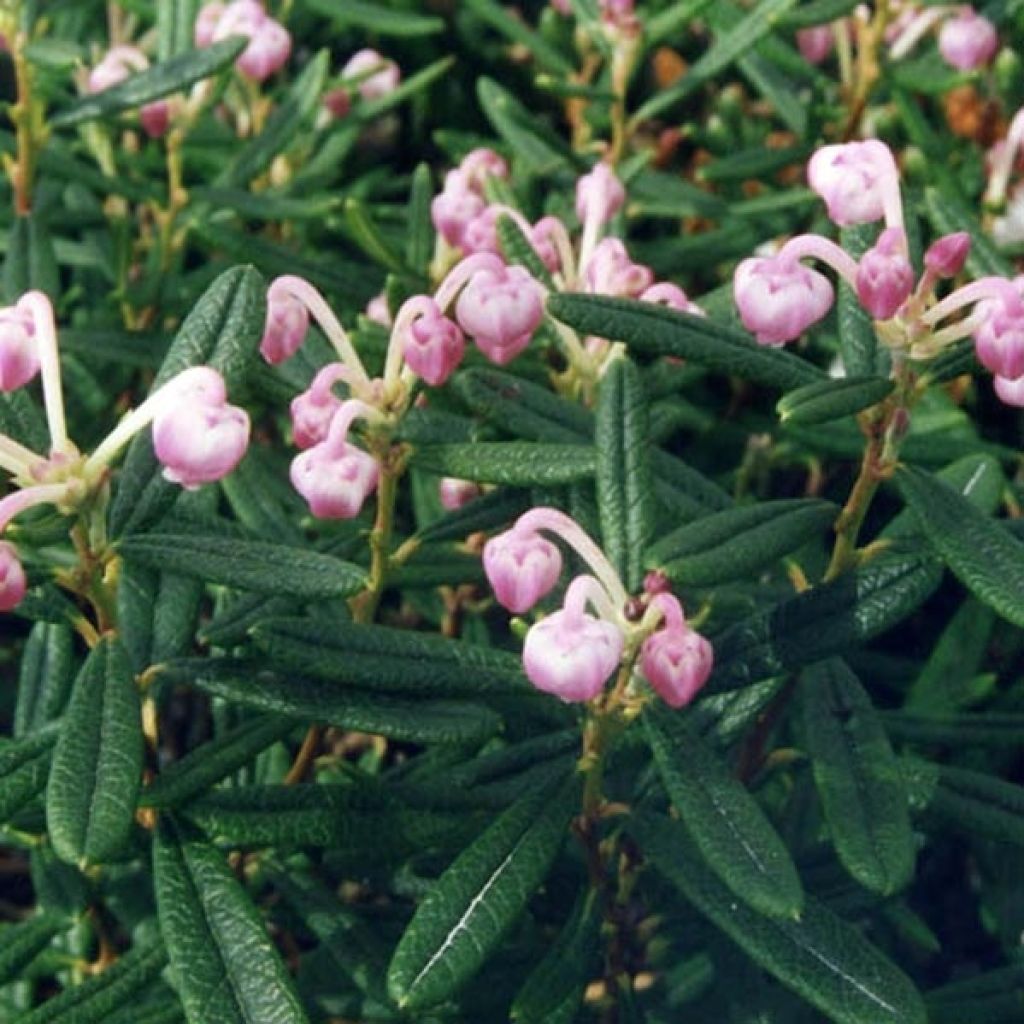

Andromeda polifolia Compacta
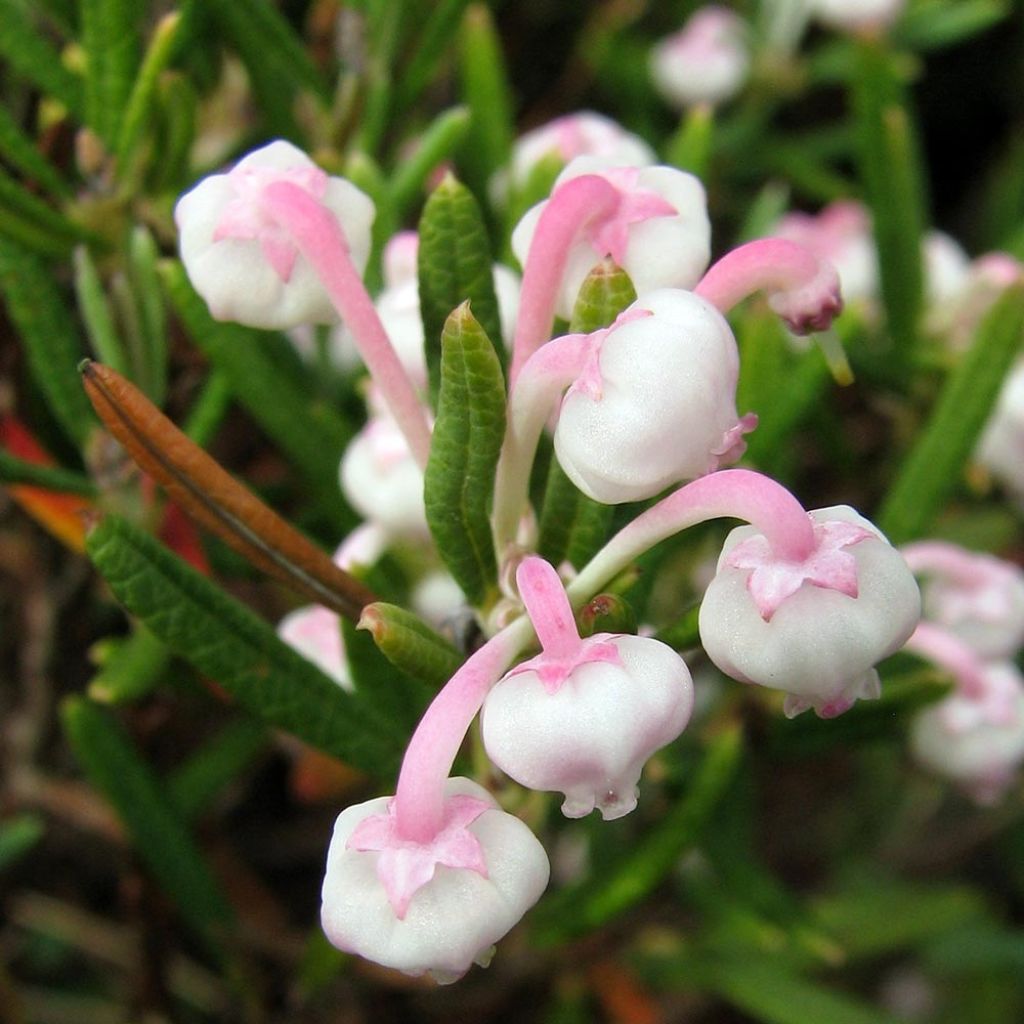

Andromeda polifolia Compacta
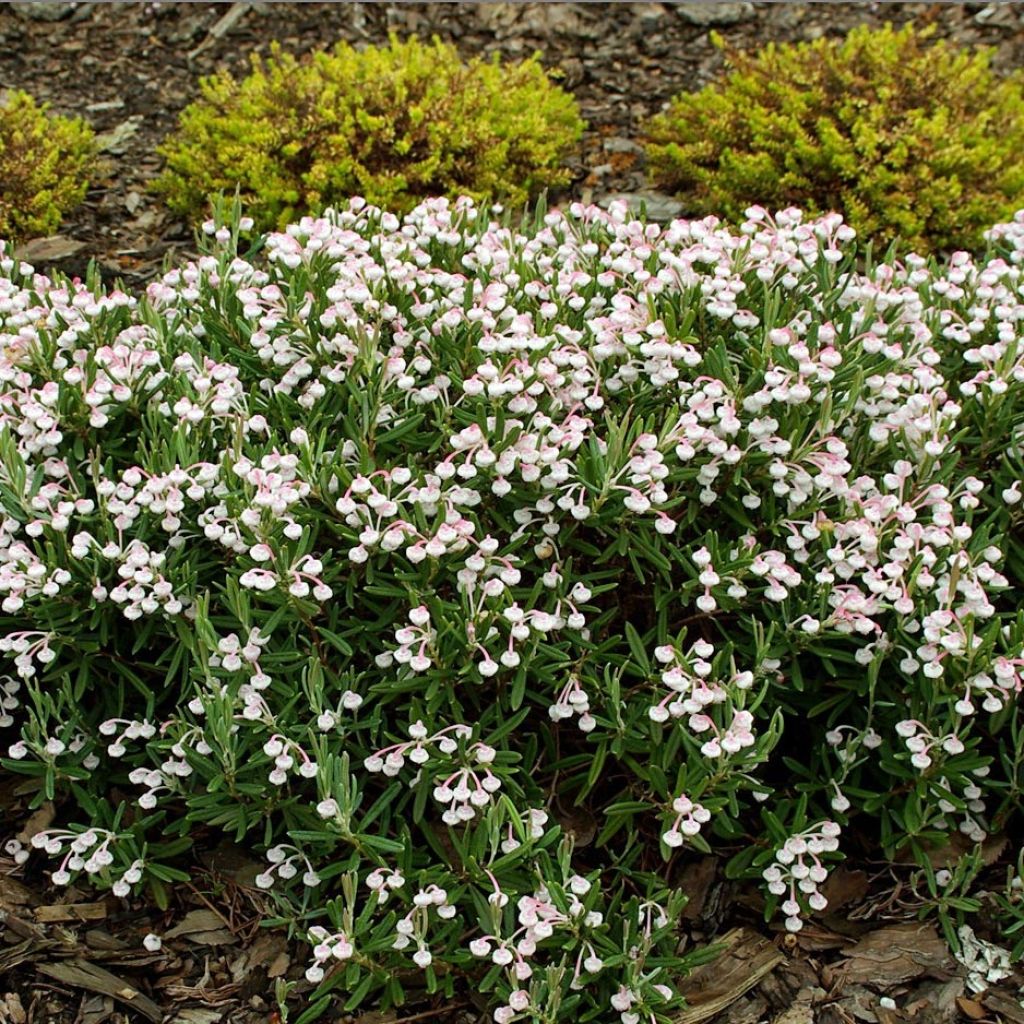

Andromeda polifolia Compacta
Andromeda polifolia Compacta
Andromeda polifolia Compacta
Bog Rosemary, Marsh Andromeda, Marsh Holy Rose
I received a lovely, well-developed and healthy clump, planted according to PDF's instructions. Now it's a matter of waiting for it to establish. For now, I'm satisfied with my purchase.
Beatrice, 29/01/2026
Special offer!
Receive a €20 voucher for any order over €90 (excluding delivery costs, credit notes, and plastic-free options)!
1- Add your favorite plants to your cart.
2- Once you have reached €90, confirm your order (you can even choose the delivery date!).
3- As soon as your order is shipped, you will receive an email containing your voucher code, valid for 3 months (90 days).
Your voucher is unique and can only be used once, for any order with a minimum value of €20, excluding delivery costs.
Can be combined with other current offers, non-divisible and non-refundable.
Home or relay delivery (depending on size and destination)
Schedule delivery date,
and select date in basket
This plant carries a 24 months recovery warranty
More information
We guarantee the quality of our plants for a full growing cycle, and will replace at our expense any plant that fails to recover under normal climatic and planting conditions.

Would this plant suit my garden?
Set up your Plantfit profile →
Description
'Compacta' Andromeda polifolia is a variety distinguished by its compact and dense habit of growth. It is a dwarf shrub that spreads to 40 cm (16 in) in all directions, with thin and finely divided branches carrying glaucous, fine, and tough foliage reminiscent of rosemary. It is evergreen and provides year-round decoration to gardens and pots. From April to June it produces numerous clusters of small pinkish-white bells, delicately suspended at the end of their long, arching stems, transforming it into a cloud of pink! A very hardy and floriferous plant, perfect as ground cover in gardens with acidic, moist to wet, partially shaded soil.
Common in the peat bogs of Europe's mid-sized mountain ranges, Andromeda polifolia, also known as bog rosemary, belongs to the same family as heathers, the Ericaceae. It forms a spreading, rounded cushion with slender, upright branches and persistent, tough, pointed, linear foliage, 1 to 3 cm (0.4 to 1.2 in) long, similar to rosemary but with a glaucous colouring. It is a perfectly hardy subshrub down to -20°C that thrives at high altitudes and in acidic and moist soils, only fearing excessive heat and drought that results in leaf loss.
Andromeda polifolia 'Compacta' is a small-sized bog rosemary variety with a spreading habit. Flowering is very decorative and abundant, with pendulous, pinkish-white bells measuring 1 cm (0.4 in) in length gathered in arching clusters raised above its cushion of fine foliage. The 'Compacta' Andromeda grows in well-drained, light, moist to wet soil, preferably acidic, and in full sun that is not scorching, or partial shade. It is fairly resistant to diseases. With a slow growth rate, the 40 cm (16 in) tall 'Compacta' Andromeda is ideal for rock gardens, borders, and containers in mountain gardens with acidic, moist, partially shaded soils.
Andromeda polifolia 'Compacta' is a beautiful evergreen shrub that works well in rock gardens, flower beds, and containers, even in shaded areas. Use it to create blue borders on the edges of groves or to add colourful masses in the wetter parts of your garden. It pairs well with other acid-loving shrubs such as camellias, rhododendrons, and azaleas. Create natural scenes in your rock gardens by alternating the bog rosemary with prostrate and erect conifers.
Report an error about the product description
Andromeda polifolia Compacta in pictures
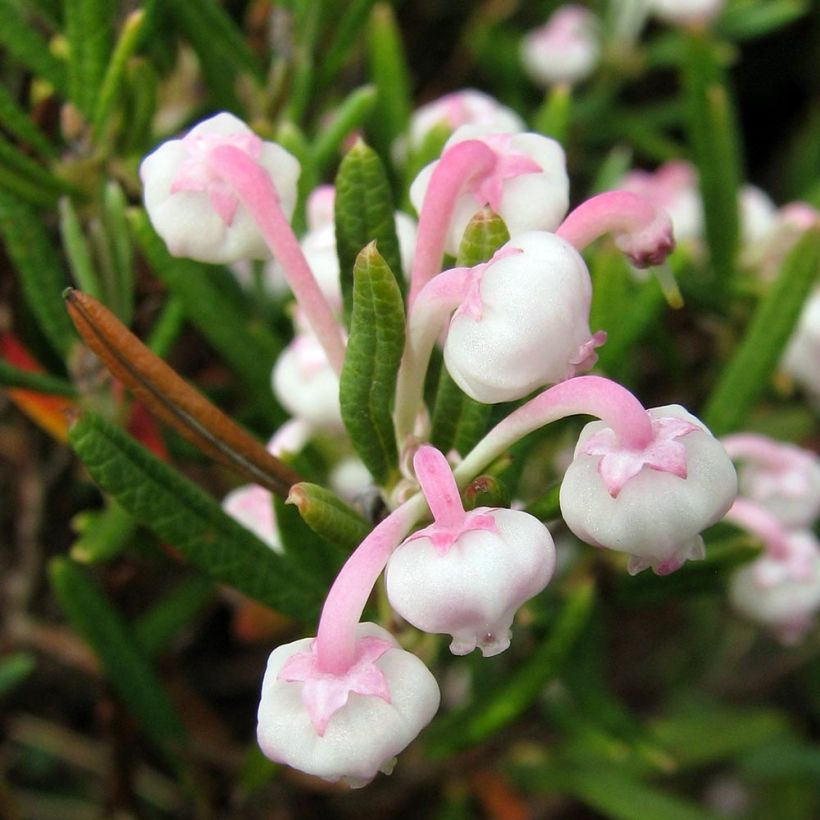

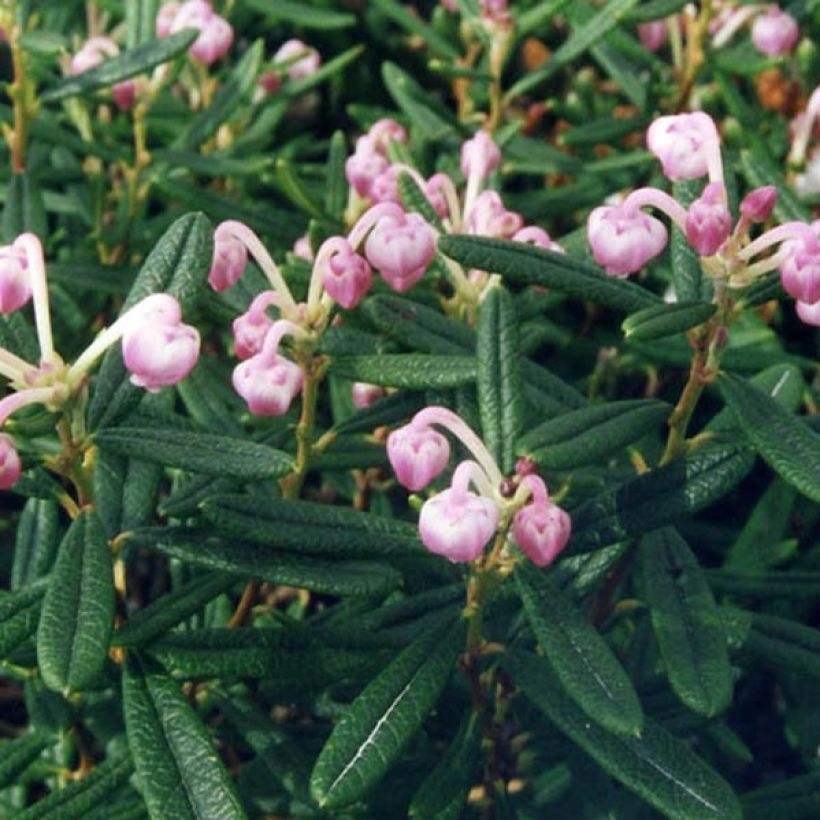

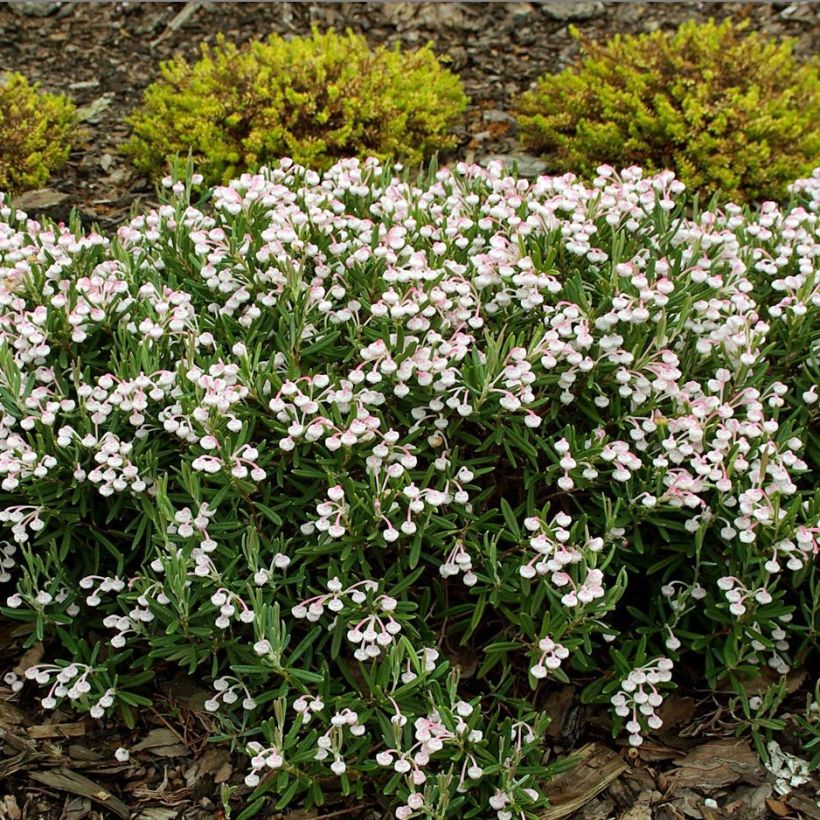

Plant habit
Flowering
Foliage
Botanical data
Andromeda
polifolia
Compacta
Ericaceae
Bog Rosemary, Marsh Andromeda, Marsh Holy Rose
Cultivar or hybrid
Other Shrubs A to Z
View all →Planting and care
'Compacta' Andromeda is planted in autumn or spring in a mixture of 2/3 ericaceous soil and 1/3 garden soil. Choose a bright or partially shaded site without scorching sun. Water abundantly and mulch with maritime pine bark to preserve freshness. It must not lack water in the first year after planting. Subsequently, apply a complete fertiliser every year in spring and top up with ericaceous soil.
Planting period
Intended location
Care
-
, onOrder confirmed
Reply from on Promesse de fleurs
Similar products
Haven't found what you were looking for?
Hardiness is the lowest winter temperature a plant can endure without suffering serious damage or even dying. However, hardiness is affected by location (a sheltered area, such as a patio), protection (winter cover) and soil type (hardiness is improved by well-drained soil).

Photo Sharing Terms & Conditions
In order to encourage gardeners to interact and share their experiences, Promesse de fleurs offers various media enabling content to be uploaded onto its Site - in particular via the ‘Photo sharing’ module.
The User agrees to refrain from:
- Posting any content that is illegal, prejudicial, insulting, racist, inciteful to hatred, revisionist, contrary to public decency, that infringes on privacy or on the privacy rights of third parties, in particular the publicity rights of persons and goods, intellectual property rights, or the right to privacy.
- Submitting content on behalf of a third party;
- Impersonate the identity of a third party and/or publish any personal information about a third party;
In general, the User undertakes to refrain from any unethical behaviour.
All Content (in particular text, comments, files, images, photos, videos, creative works, etc.), which may be subject to property or intellectual property rights, image or other private rights, shall remain the property of the User, subject to the limited rights granted by the terms of the licence granted by Promesse de fleurs as stated below. Users are at liberty to publish or not to publish such Content on the Site, notably via the ‘Photo Sharing’ facility, and accept that this Content shall be made public and freely accessible, notably on the Internet.
Users further acknowledge, undertake to have ,and guarantee that they hold all necessary rights and permissions to publish such material on the Site, in particular with regard to the legislation in force pertaining to any privacy, property, intellectual property, image, or contractual rights, or rights of any other nature. By publishing such Content on the Site, Users acknowledge accepting full liability as publishers of the Content within the meaning of the law, and grant Promesse de fleurs, free of charge, an inclusive, worldwide licence for the said Content for the entire duration of its publication, including all reproduction, representation, up/downloading, displaying, performing, transmission, and storage rights.
Users also grant permission for their name to be linked to the Content and accept that this link may not always be made available.
By engaging in posting material, Users consent to their Content becoming automatically accessible on the Internet, in particular on other sites and/or blogs and/or web pages of the Promesse de fleurs site, including in particular social pages and the Promesse de fleurs catalogue.
Users may secure the removal of entrusted content free of charge by issuing a simple request via our contact form.
The flowering period indicated on our website applies to countries and regions located in USDA zone 8 (France, the United Kingdom, Ireland, the Netherlands, etc.)
It will vary according to where you live:
- In zones 9 to 10 (Italy, Spain, Greece, etc.), flowering will occur about 2 to 4 weeks earlier.
- In zones 6 to 7 (Germany, Poland, Slovenia, and lower mountainous regions), flowering will be delayed by 2 to 3 weeks.
- In zone 5 (Central Europe, Scandinavia), blooming will be delayed by 3 to 5 weeks.
In temperate climates, pruning of spring-flowering shrubs (forsythia, spireas, etc.) should be done just after flowering.
Pruning of summer-flowering shrubs (Indian Lilac, Perovskia, etc.) can be done in winter or spring.
In cold regions as well as with frost-sensitive plants, avoid pruning too early when severe frosts may still occur.
The planting period indicated on our website applies to countries and regions located in USDA zone 8 (France, United Kingdom, Ireland, Netherlands).
It will vary according to where you live:
- In Mediterranean zones (Marseille, Madrid, Milan, etc.), autumn and winter are the best planting periods.
- In continental zones (Strasbourg, Munich, Vienna, etc.), delay planting by 2 to 3 weeks in spring and bring it forward by 2 to 4 weeks in autumn.
- In mountainous regions (the Alps, Pyrenees, Carpathians, etc.), it is best to plant in late spring (May-June) or late summer (August-September).
The harvesting period indicated on our website applies to countries and regions in USDA zone 8 (France, England, Ireland, the Netherlands).
In colder areas (Scandinavia, Poland, Austria...) fruit and vegetable harvests are likely to be delayed by 3-4 weeks.
In warmer areas (Italy, Spain, Greece, etc.), harvesting will probably take place earlier, depending on weather conditions.
The sowing periods indicated on our website apply to countries and regions within USDA Zone 8 (France, UK, Ireland, Netherlands).
In colder areas (Scandinavia, Poland, Austria...), delay any outdoor sowing by 3-4 weeks, or sow under glass.
In warmer climes (Italy, Spain, Greece, etc.), bring outdoor sowing forward by a few weeks.






























